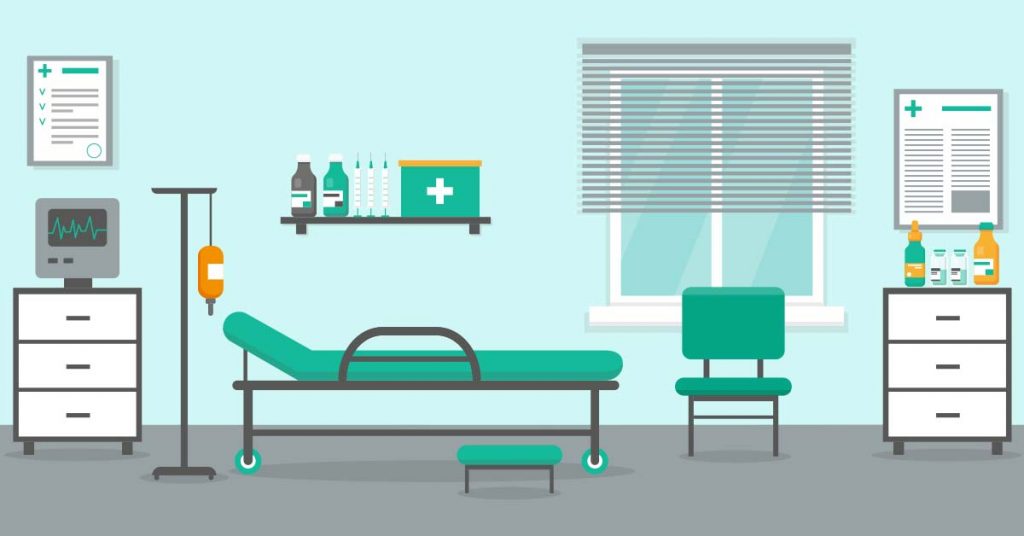
Medical emergencies could happen anywhere and anytime, leaving you with no option but to pursue immediate medical care. One of the main places patients visit for emergency healthcare is the emergency room (ER). The Orlando emergency care operates differently from other medical practices, in that the structure caters to patients’ care needs more urgently. Although most individuals avoid visiting the ER when they experience an unforeseen health concern, knowing when to pursue emergency care is vital. Delaying an ER visit can lead to complications and sometimes be life-threatening. Here are the common reasons to consider a trip to the emergency room.
1. Flu and Cold
One main reason to consider emergency care visits is upper respiratory infections, often due to the flu or cold. Considering that the symptoms for these conditions are similar, it could be hard to differentiate between them. A trip to the emergency room is vital to receive the necessary medication prescriptions to manage symptoms and treat the underlying cause of your condition.
2. Strains and Sprains
A sprained or strained knee, ankle, or wrist are all common reasons for emergency room visits. However, it is difficult to determine if an ankle or wrist injury can be a strain or a sprain. An emergency care appointment will provide you with an accurate diagnosis and confirm the proper course of therapy.
3. Sore Throat
A sore throat can indicate the flu or cold, or in some situations, mononucleosis, or strep throat. There is no cure for mononucleosis, but a trip to an emergency room will rule out strep throat or spot any associated infections. Considering that strep throat is highly contagious and could worsen if left untreated, it is vital to visit a physician for appropriate antibiotics, especially for kids.
4. Urinary Tract Infections (UTI)
A UTI is the 2nd most prevalent bacterial infection in the body; thus, it is another major reason individuals visit the emergency room. A UTI does not generally resolve by itself, so visiting a physician to rule out other concerns like yeast infections or STDs, and obtaining antibiotic therapy is advised.
5. Ear Infection
Ear infections affect both adults and kids. In adults, because these infections generally last more than several days, a trip to the emergency room could be necessary only if it persists for long or if there are additional symptoms. However, if you suspect an ear infection in a kid, you must see a doctor immediately to avoid serious complications.
6. Gastrointestinal Upset
A gastrointestinal upset could be generally described as vomiting, diarrhea, and/or stomach discomfort. The most prevalent gastrointestinal conditions that exhibit such symptoms include stomach flood and food poisoning. However, the cause of these concerns could be different, so it is important to visit the emergency room to establish the best care plan. For instance, if food poisoning results from bacteria, antibiotics could be necessary, while antibiotics are unnecessary for viral infections.
Understanding when to visit the emergency room could be vital in avoiding serious health complications. It is vital to listen to the body and pursue medical attention when you suffer severe or unusual symptoms. Although not every symptom needs a trip to the ER, some signs like flu and cold, sprains, strains, ear infections, UTIs, gastrointestinal conditions, and more require instant medical care. If you are in doubt, it is preferable to lean on the side of caution and pursue the necessary care.




